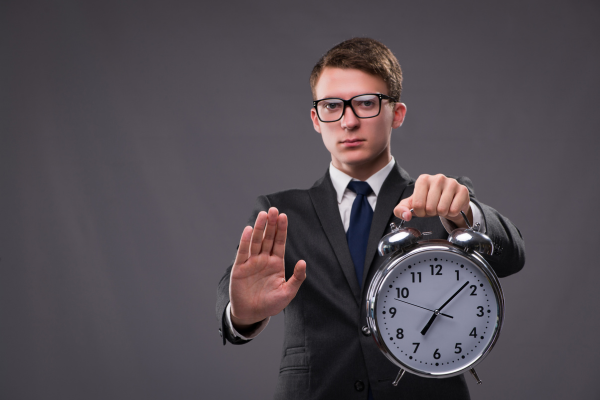
On Tuesday morning, I walked around to my car on the drive and placed my hand on the door handle to open it. But it did not open. There was no reassuring “beep-beep” or flashing indicators. I pressed the button on my key fob, but nothing happened. Assuming the fob’s battery was at fault, I nipped indoors, replaced the battery and tried to open the car again. But nothing. So, I thought I should get the mechanical key out and get into the car that way. I squeezed the key out of the fob, poked it into the slot, and gave it a turn, and the another turn. But nothing happened. “Oh dear,” I said. (Or similar words.) I then panicked, thinking there was no way anyone could get into the car. If I called the rescue company, their only option would be to smash a window to get in…!
Had I paused, rather than panicked, I would have remembered that for the mechanical key to work, you have to press the button on the door handle at the same time. It took about a dozen attempts to get into the car before I remembered this and was able to get inside. My stress was directly related to my desire for instant action and not pausing. Had I paused, I would not have been stressed, as I would have recalled how to get into the car.
The car was eventually fixed, I got to work and went to a meeting. Somebody said something that annoyed me and I responded without pausing. Oops…! I should have paused, because I later regretted what I had said.
Not pausing, though, can have serious consequences. Consider the “Coldplay Couple” – Andy Byron and Kristin Cabot. They were cuddling while watching Coldplay in Massachusetts and were caught on the “kiss cam” that roamed the audience. However, their immediate reaction, without taking a pause, was to try to hide, appearing to everyone as though they had been caught out. Chris Martin, Coldplay’s lead singer even said they looked like they might be having an affair. As we now know, they were indeed high-profile business leaders having an affair. The viral video of their reaction has cost them both their jobs. However, if they had paused for a moment, the camera would have moved on to the next couple and nobody outside the event would have known they had appeared on the big screen. The video only went viral because of their reaction. A simple pause, allowing a moment of thought, would have meant an entirely different outcome for them.
The same is true for most of us. When we take immediate action on something, or respond to colleagues without a moment of reflection, we lead to outcomes which may not be what we wanted or expected.
However, we are now living in a world of “instant gratification” where getting things done “immediately” is perceived as normal. If you were around before the Internet, you’ll remember that if you wanted to find some information it might have taken a trip to the library. It could have been hours before you found what you needed. Now, you get annoyed if Google cannot find what you want in less than a second. Before the world of online shopping, if you bought anything by mail order you were offered the standard “28-day delivery”. Now, when you go to Amazon, your eyes are attracted by the “same day delivery” label. The internet has encouraged immediacy and we are responding by doing everything straight away. We appear to have forgotten the benefits of pausing.
That’s illustrated in a study published this week that was led by Yale University. The researchers have shown that pedestrians in city centres now walk 15% faster than they did 30 years ago. It seems we also linger less in town. It would appear we are now rushing about, not even pausing to look in shop windows or have a chat with people. It’s all rush, rush, rush. We’ve had the pausiing removed from us it seems.
This is confirmed in a report from Lloyds Bank which was published last month. This showed how little time we have to ourselves. We are cramming our days with activities, rushing about, moving from one thing to the next without much of a pause. Yet, as the report points out, there is significant potential to automate much of our daily lives, giving us an extra two hours to ourselves each day. This would allow us to take more pauses.
Psychologists in the USA have found that a simple three-minute pause, with some controlled breathing, is all you need to reset your emotions. Just a simple pause, it seems can relieve emotional disturbance, bringing some peace back to you.
If I had paused when my car broke down, breathed a little and relaxed, I would not have been as stressed. If I had paused before speaking in a meeting I would not have regretted what I had said. If the Coldplay Couple had paused for a moment they would still have their jobs.
What might be different in your life or work if you had taken a pause? We inhabit a world where everything is so fast-paced we can’t even look in shop windows as we rush down the High Street. Our workplaces would all be much better, and we would be happier, if we all simply paused more often and breathed. Plus, in leadership, negotiations, and daily work, those few seconds of reflection may even prevent costly mistakes.
